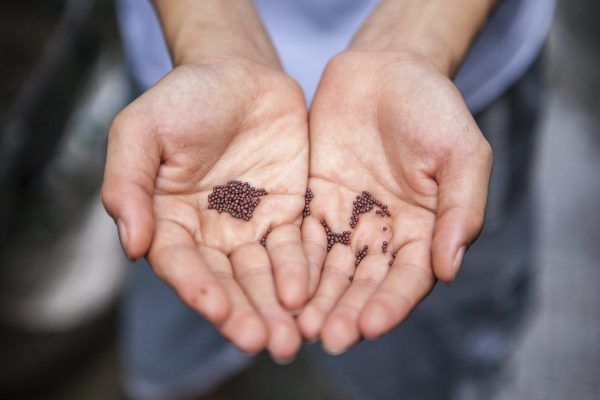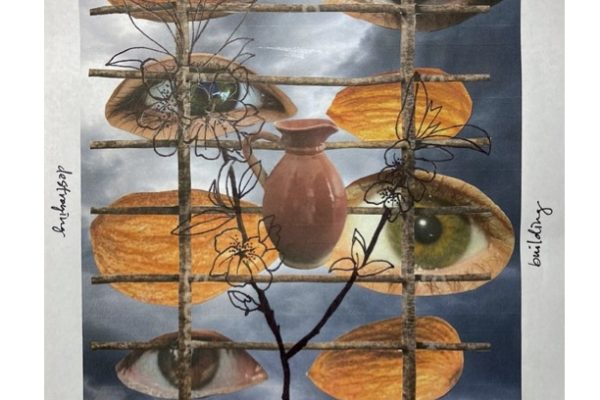If you wish to revive an early tradition customary in Israel that is documented in the Talmud, you can plant a tree during the ceremony for your daughter. Bring a sapling and at the time of the planting read aloud the Talmudic source. If you choose, you can give out saplings to family members or to all your guests, so that they can actively participate in this tradition.
According to traditional sources, families would plant a tree in honor of the birth of a child. For a boy – they would plant a cedar sapling, and for a girl – a pine, cypress, or acacia tree. The sapling symbolized the parents’ hopes that their children would grow, blossom, and strike roots, and demonstrate sensitivity to the wonders of nature. The planting also represented the parents’ expectation and hope that their children would grow up and marry, and so the marriage canopies were constructed from the same trees that had been planted upon the births of the man and woman now getting married. The Jewish National Fund has maintained this tradition, and plants a tree in honor of every child born in Israel.
It was customary
When a boy was born – they would plant a cedar,
A girl – they would plant a pine,
And when they would get married
They would cut down [the trees] and make from them a marriage canopy.
–Babylonian Talmud, Tractate Gittin 57a











